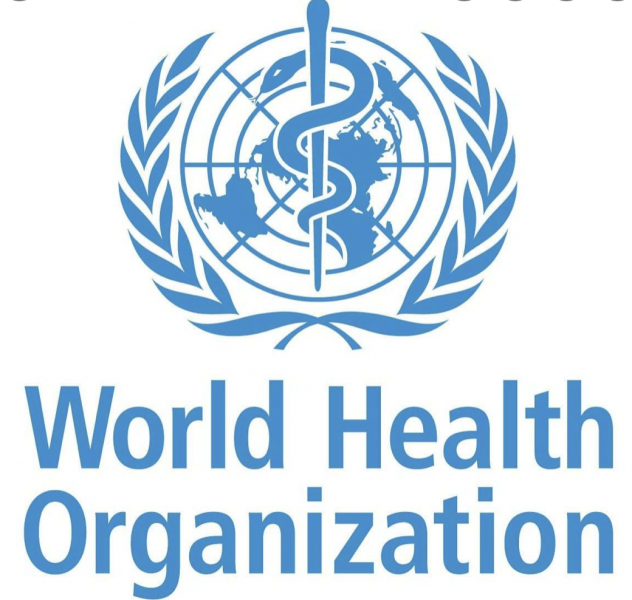
Moving forward on goal to boost local pharmaceutical production, WHO establishes global biomanufacturing training hub in Republic of Korea
WHO, Communicable Diseases
March 4, 2022
Western Pacific Region
Republic Of Korea
The World Health Organization (WHO), the Republic of Korea and the WHO Academy today announced the establishment of a global biomanufacturing training hub that will serve all low- and middle-income countries wishing to produce biologicals, such as vaccines, insulin, monoclonal antibodies and cancer treatments. The move comes after the successful establishment of a global mRNA vaccine technology transfer hub in South Africa.
“One of the key barriers to successful technology transfer in low- and middle-income countries is the lack of a skilled workforce and weak regulatory systems,” said WHO Director-General, Dr Tedros Adhanom Ghebreyesus. “Building those skills will ensure that they can manufacture the health products they need at a good quality standard so that they no longer have to wait at the end of the queue.”
The Government of the Republic of Korea has offered a large facility outside Seoul that is already carrying out biomanufacturing training for companies based in the country and will now expand its operations to accommodate trainees from other countries. The facility will provide technical and hands-on training on operational and good manufacturing practice requirements and will complement specific trainings developed by the mRNA vaccine technology transfer hub in South Africa. The WHO Academy will work with the Korean Ministry of Health and Welfare to develop a comprehensive curriculum on general biomanufacturing.
“Just 60 years ago, Korea was one of the poorest countries in the world,” said Mr Kwon Deok-cheol, Minister of Health and Welfare, Republic of Korea. “With the help and support of WHO and the international community, we have transitioned into a country with a strong public health system and bio-industry. Korea deeply cherishes the solidarity that the international community has shown us during our transition. By sharing these lessons we’ve learnt from our own experience in the past, we will strive to support the low- and middle-income countries in strengthening their biomanufacturing capabilities so that we could pave the way together towards a safer world during the next pandemic.”
In parallel, WHO is intensifying regulatory system strengthening through its Global Benchmarking Tool (GBT), an instrument that assesses regulatory authorities’ maturity level. The GBT will serve as the main parameter for WHO to include national regulators in the WHO-listed Authorities list. Another aim is to build a network of regional centres of excellence that will act as advisers and guides for countries with weaker regulatory systems.
Five more countries will also receive support from the global mRNA hub in South Africa: Bangladesh, Indonesia, Pakistan, Serbia and Viet Nam. These countries were vetted by a group of experts and proved that they had the capacity to absorb the technology and, with targeted training, move to production stage relatively quickly.
“Indonesia is one of the countries that continuously supports vaccine equity and equal access to COVID-19 vaccines for all countries, including through transfer of vaccine technology and know-how to developing countries,” said Mrs Retno Lestari Priansari Marsudi, Minister of Foreign Affairs, Indonesia.
“This transfer of technology will contribute to equal access to health countermeasures, which will help us to recover together and recover stronger. This is the kind of solution that developing countries need. A solution that empowers and strengthens our self-reliance, as well as a solution that allows us to contribute to global health resilience.”